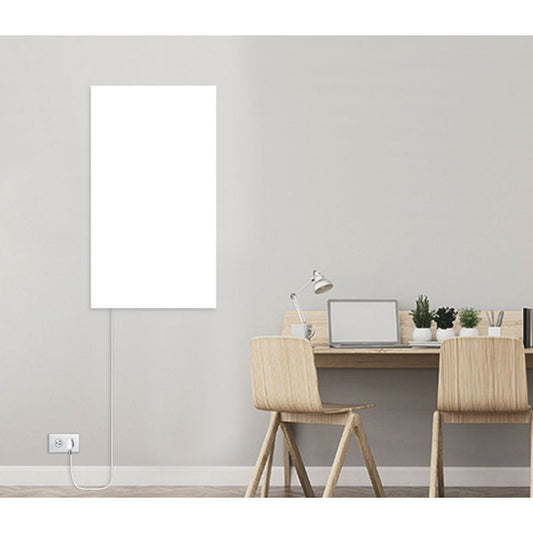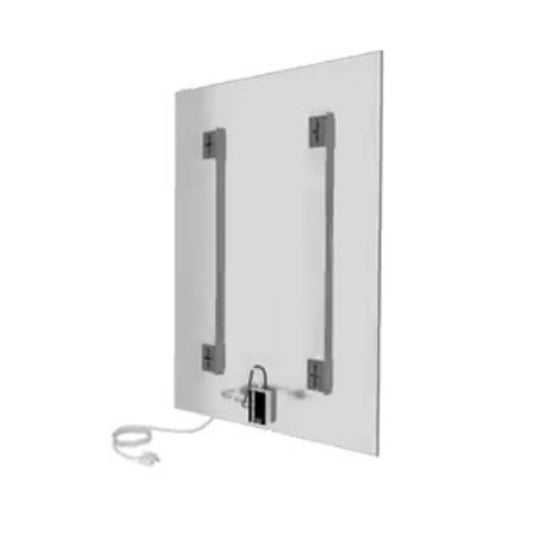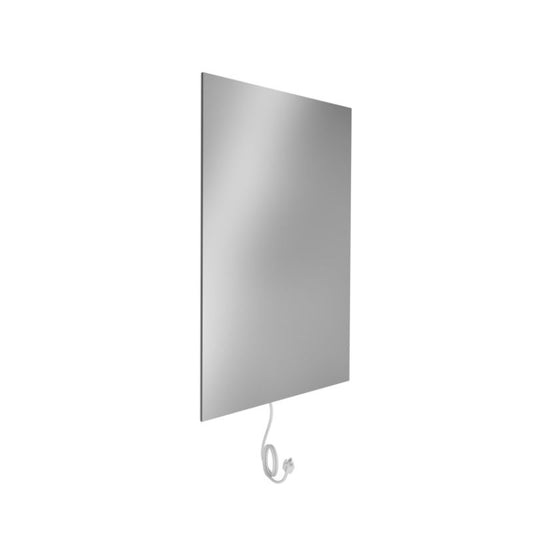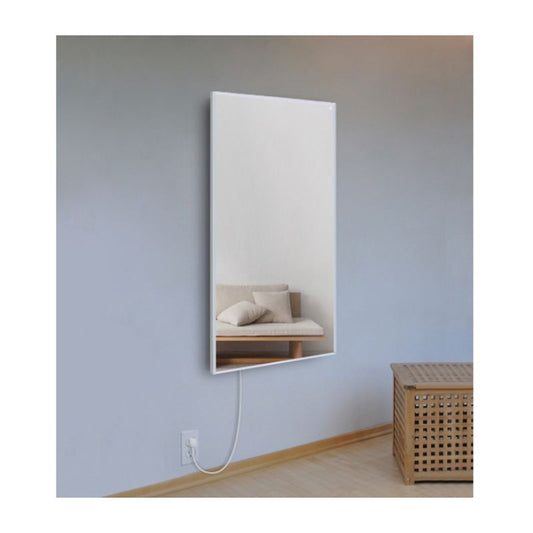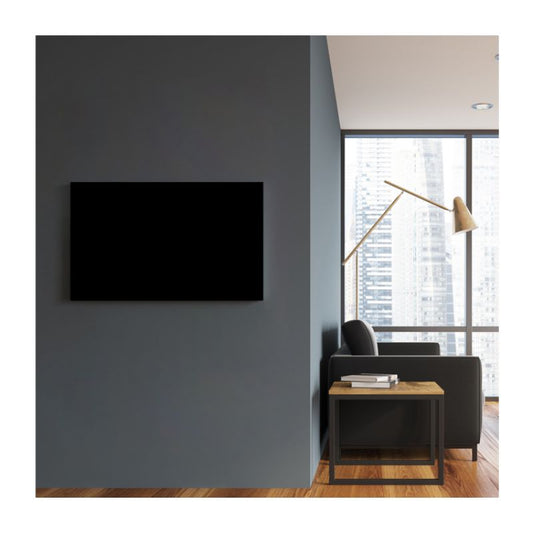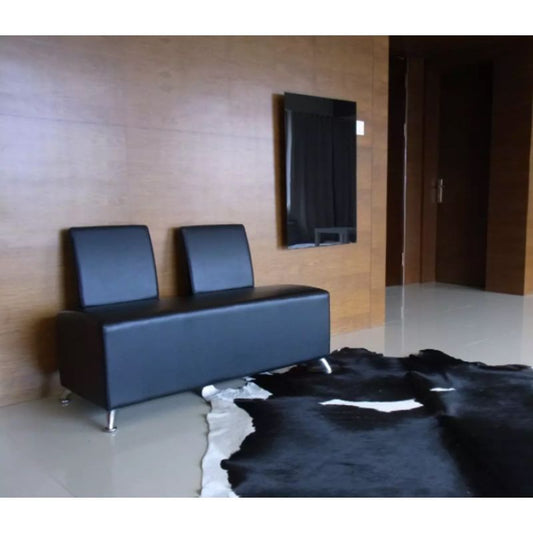This collection is for those who want warmth without the noise, dust, or visual clutter. Radiant heat panels deliver gentle infrared warmth that heats people and surfaces directly, like stepping into a patch of sunlight indoors.
What You’ll Find Here
These panels combine function and form, designed to quietly support your space, not compete with it.
- Wall or ceiling-mounted infrared heat panels
- Vertical, horizontal, or overhead installation options
- Energy-efficient warmth that doesn’t stir air or allergens
- Available in modern finishes that blend into any room
- Optional accessories like towel bars for dual-purpose use
Why Radiant Heat?
Traditional systems push air. These panels radiate it, direct and quiet, with no fans, vents, or forced movement. That means a warmer room, calmer lungs, and more control over how your space feels. Ideal for bedrooms, bathrooms, nurseries, and even home yoga studios.
Good to Know
- Panels operate silently and won’t dry out the air
- Safe for children’s rooms and compact spaces where floor heaters aren’t practical
- Panels can be daisy-chained for large-area warmth or installed individually
- We carry WarmlyYours™ panels, leaders in efficient, health-conscious heat
Whether you're upgrading your everyday environment or creating a specific sanctuary (hello, hot yoga at home), radiant panels offer warmth that feels intelligent and intentional.

